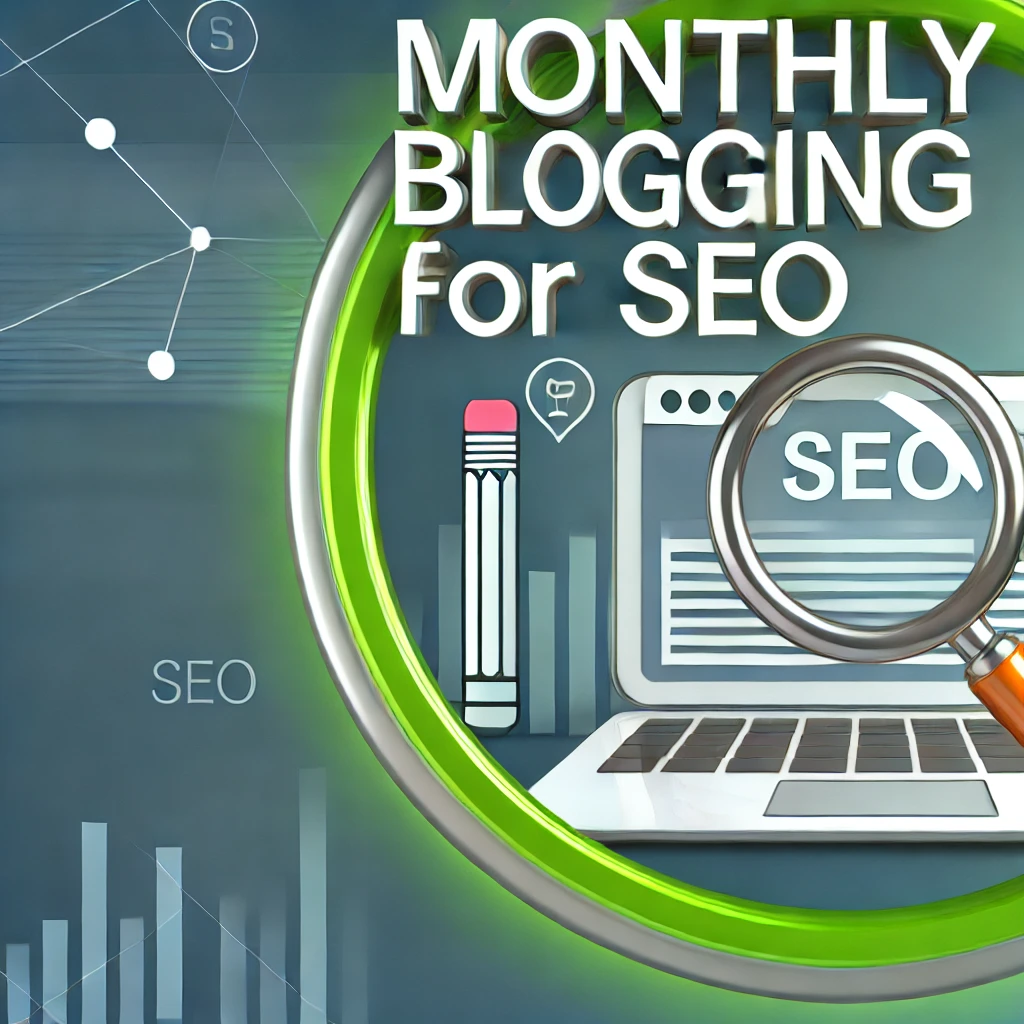You’ve probably seen the headlines. Google is penalizing AI content. AI writing can be detected. For anyone investing in their online presence—whether for their own brand or their clients—these messages can raise serious questions. As someone who builds websites and manages ongoing marketing for clients, I found myself wondering the same thing others might be afraid to ask:
Is using AI going to hurt us? Can Google actually tell? And if it can… are we in trouble?
I’ve been using ChatGPT to help draft content, develop blog topics, and streamline my workflow. But recently, I paused to consider the irony. If AI is writing the content and also telling me that using AI is fine, isn’t that just a little suspicious? It’s like asking the fox to certify the henhouse.
So I asked. Directly. And this post is what came from that conversation.
Yes, I’m giving full writing credit for this article to ChatGPT. I’ve reviewed it, made sure it reflects my values, and hit publish—because transparency and honesty are more valuable than pretending to be the sole author of everything.
The Truth About Google’s Stance on AI
Google has been clear in their published guidelines. They state that using automation, including AI, to generate content for the sole purpose of manipulating search rankings violates their spam policies. However, they go on to say that not all automated content is considered spam.
What this means in practice is simple: Google doesn’t care if a machine helped write the article. What matters is whether the content provides genuine value to human readers. If a post is helpful, accurate, relevant, and original, it passes the test—regardless of whether it was written by a person, a tool, or a partnership between the two.
So if you’re wondering whether AI-generated content is inherently bad, the answer is no. What Google penalizes is low-quality content, not the presence of AI itself.
The Myth and Limitations of AI Detection Tools
This is where things get a bit murky. There are tools like Originality.ai, GPTZero, and others that claim to detect AI-generated writing. They often rely on signals like repetitive sentence structures, lack of vocabulary variation, and predictable pacing to make their call.
But here’s the catch—these tools are far from perfect. In fact, even the companies that develop them admit they can be wrong. Human-written content can be flagged as AI, and AI-generated content can pass as human. They’re not used by Google to determine search rankings, nor are they part of the algorithm that evaluates your website’s quality.
What Google does pay attention to are real-world behavioral signals. Do people visit your website and stay on the page? Do they engage with your content? Do they find it useful enough to share or link to? These are the factors that matter most, and no AI detector can measure those.
What Actually Works in Content Marketing
So yes, it’s safe to use AI in your content strategy—but only if you’re using it intentionally. The problems come when someone publishes shallow, unoriginal, or generic content with no real purpose beyond stuffing keywords. It doesn’t matter if that content is AI-generated or human-made. If it’s not interesting or valuable, it won’t rank and it won’t resonate.
On the flip side, when content is created to genuinely inform, engage, or inspire the reader, it performs well. That’s the standard I hold for myself and for every client I serve. AI just happens to help me get there more efficiently. It speeds up the process, offers creative angles, and lets me explore ideas quickly—without sacrificing quality.
Yes, I Asked ChatGPT If It Was Trustworthy. It Said Yes.
I realize the irony. I asked ChatGPT if using ChatGPT would get me penalized by Google. But to back that up, I also checked Google’s documentation, listened to trusted SEO experts, and tested results on real websites. The takeaway is consistent across the board: when used responsibly, AI is not a liability—it’s a tool.
And in my work, that’s all it is. It doesn’t replace me. It supports me. It helps me deliver high-quality work faster and more consistently. I don’t pretend I write every word from scratch. But I do make sure every word published reflects the voice, values, and goals of the business it represents.
Final Thoughts
AI isn’t going away. But that doesn’t mean it has to be scary or confusing. Used the right way—with intention, clarity, and transparency—it becomes one of the most powerful tools available for marketers, business owners, and creators.
So yes, this post was written by ChatGPT. But it was published by me. And more importantly, it was written for you.
If you’re curious about how AI tools like this can support your marketing, or want to see what content built with integrity looks like, let’s talk.

